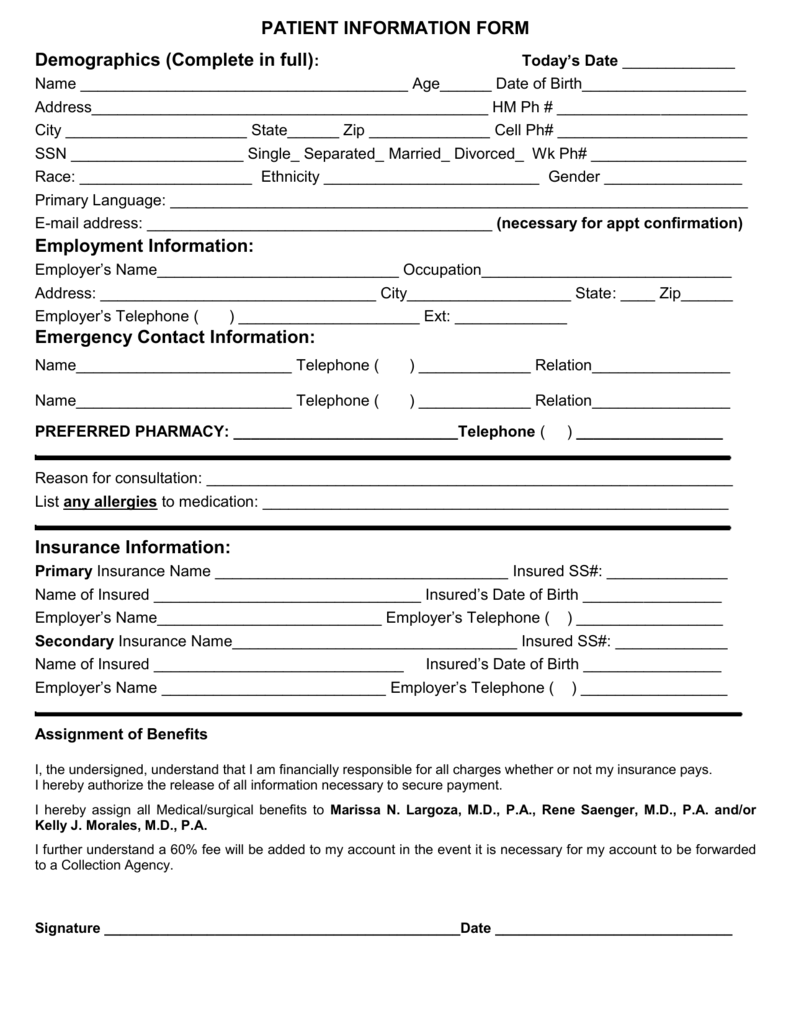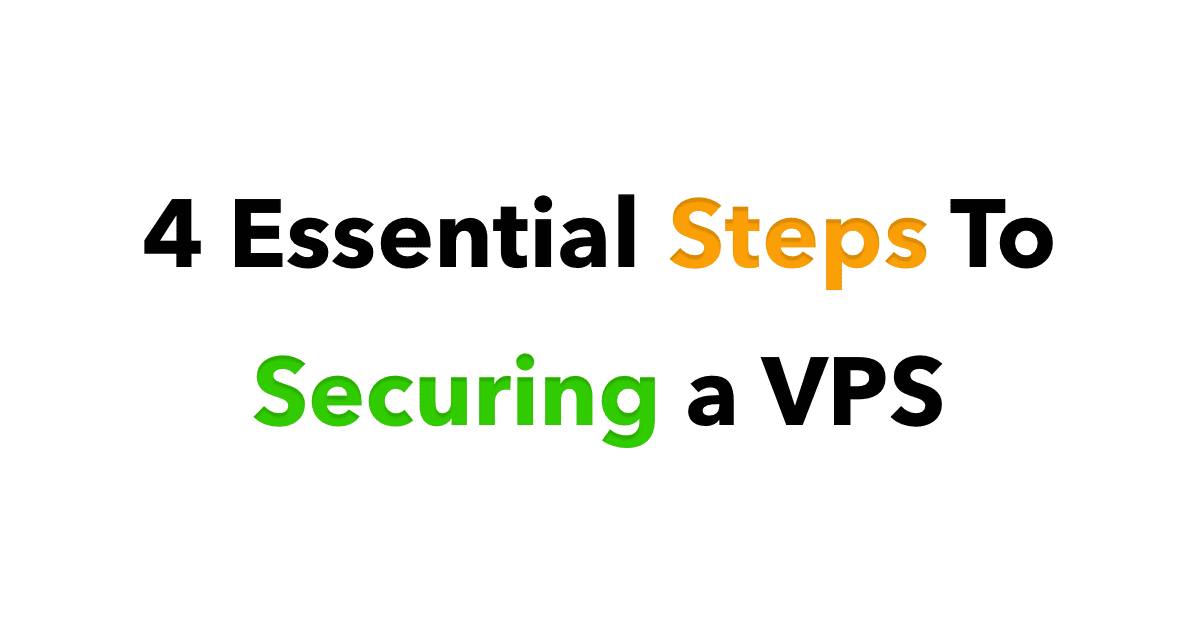Vps For Healthcare It Securing Patient Data
Vps For Healthcare It Securing Patient Data. HIPAA regulations require that covered entities and their business partners keep six years of log data, gathering event logs and records from servers, devices, and workstations. Cybersecurity for healthcare organizations involves protecting sensitive patient data from unauthorized access, use, and disclosure.

Without appropriate safeguards for patient data, patient safety can be at risk.
Through encryption algorithms, AI ensures that even if a breach occurs, the stolen data remains unreadable and.
HIPAA regulations require that covered entities and their business partners keep six years of log data, gathering event logs and records from servers, devices, and workstations. The compliant infrastructure furnished by the cloud can be used to host a wide variety of healthcare-focused applications. Ensure healthcare staff complete cloud compliance training.





